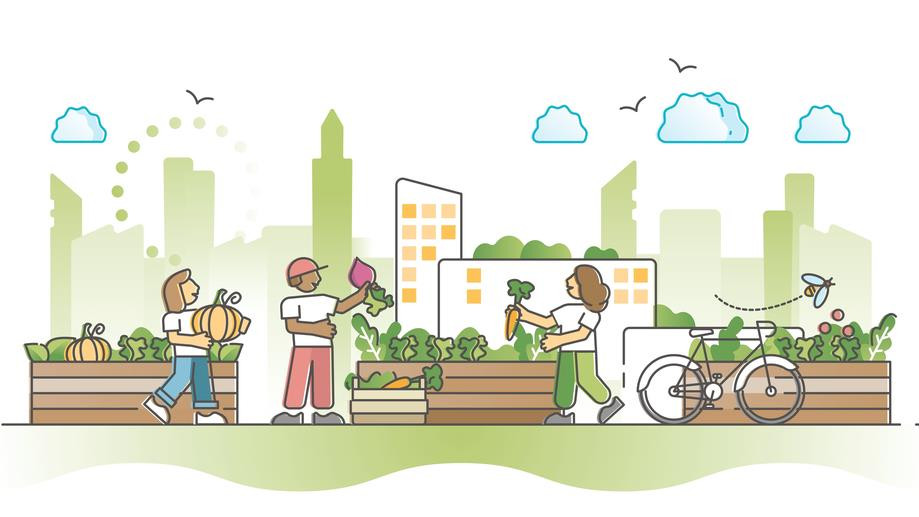
Urban food governance is an emerging interdisciplinary field that explores how food systems are structured, regulated, and transformed at the city and regional levels. It intersects with urban planning, public policy, territorial economy, urban ecology, and social justice, highlighting the key role of local governments, citizens, businesses, and civil society in building sustainable food systems.
The course is organized around five main themes:
-
Theoretical Foundations: Definitions, key issues, types of actors, coordination and participation mechanisms, multilevel governance.
-
Territorial food supply dynamics: Short supply chains, urban logistics, food security, global dependencies, urban–rural linkages.
-
Urban and peri-urban Agriculture: Roles, forms, constraints, potentials, and integration into urban policies.
-
Public policy tools: Food policy councils, local food strategies, food planning, regulations, public-private partnerships, and social innovation.
-
Comparative North/South perspective: Institutional diversity, governance models, and local adaptations.
Through a critical and comparative approach based on case studies from various global contexts, students will engage with real-world examples via readings, actor mapping, fieldwork, group projects, and discussions with professionals and researchers.
Ultimately, the course aims to prepare future planners and urban professionals to understand the systemic nature of food issues and to actively contribute to the development of fairer, more sustainable, and more resilient urban food policies.
- Teacher: Razika Boumansour
- Teacher: h saci

